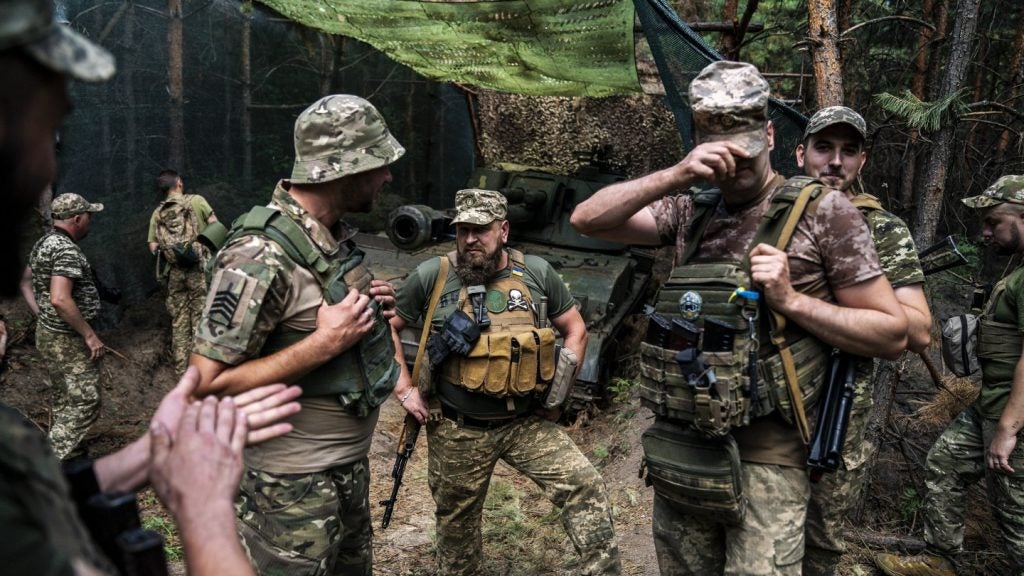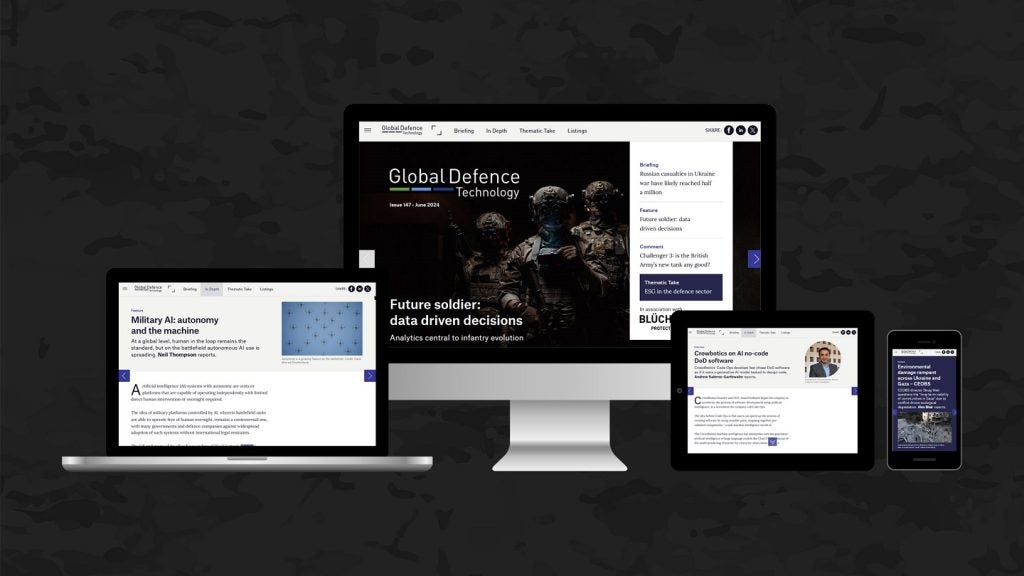
In early November 2020, DASA (Defence and Security Accelerator) awarded £3m to nine projects as part of the UK’s Defence Science Technology Laboratory’s (Dstl) Intelligent Ship project through the Intelligent Ship competition. The money will fund the development of proposals including a decision-making support system for engineering crews to manage power and propulsion systems and an ‘innovative mission AI prototype agent for decision-making to support decision-making during pre-mission preparation, mission execution and post-mission analysis.’
Core to the competition is developing technologies to change the way the British Armed Forces approach decision-making, mission planning and automation, with a key goal of the competition’s second phase being the exploitation of a ‘human-machine network that could work collaboratively on military platforms.’
DASA, which is running the competition on behalf of Dstl, has described the project as ‘technologically high-risk and potentially high-gain’ exploring new ways of ‘doing things in defence.’
Dstl Project Technical Authority Julia Tagg told Naval Technology: “Our project aims are really to look at an alternative future concept. Looking at how AI agents and humans can work collaboratively as a team, how command and control can be flexibly distributed, how you can help more effective and faster decision making.
“What we want to look at is the trends of both manpower and machine intelligence and how they’re used together. Those are the overarching reasons why we are doing all this.”
Tagg said the competition was taking a ‘blank sheet of paper’ approach to addressing the challenges and generating a ‘revolutionary way of doing things in the future.’
How well do you really know your competitors?
Access the most comprehensive Company Profiles on the market, powered by GlobalData. Save hours of research. Gain competitive edge.

Thank you!
Your download email will arrive shortly
Not ready to buy yet? Download a free sample
We are confident about the unique quality of our Company Profiles. However, we want you to make the most beneficial decision for your business, so we offer a free sample that you can download by submitting the below form
By GlobalDataWhile the competition goals are to develop technologies to be used a decade from now, Tagg added that, if the technology developed was suitable, options were being explored to see how it could be pulled through to benefit current in-service platforms as well.
In recent years, the military has put ‘information advantage’ at the centre of a number of its ambitions and planned programmes have shown how, with more advanced and distributed sensors, personnel will increasingly have to contend with more data in the decision-making process.
While having more information is a benefit, it also has the downside of taking longer to process. Many see AI and machine learning as a way to help operators sift through vast data to make better decisions faster.
Tagg added that another pillar of the programme was developing human-machine interfaces and studying how information is exchanged effectively between the two. She said: “I think really we’re looking at not being constrained by the way we do things now but doing things in a different way in the future.”
Partners involved in the competition include a mix of well-known primes and academia, with funding so far awarded to Rolls-Royce, Nottingham Trent University, Decision Lab, CGI IT UK, DIEM Analytics, Frazer Nash Consultancy, Montvieux and SeeByte.
Tagg said this range of responses was important to DASA and Dstl as it ensured input from a broad range of sources. Tagg added: “It was very important to us to have a really wide range of people, companies and organisations to bring in different ideas for us [and] bringing in experience from some other areas where things are already being done differently.”
The £3m is a relatively small amount in the grand scheme of defence contracts, but DASA delivery manager Rachel Solomons said that targeted investment could deliver strong returns with this kind of project. Solomons explained: “We have this wide range of suppliers that we target, and those are right from the start-up level and SMEs through to primes and we have an emphasis on attracting talent that hasn’t been involved with defence before. Sometimes that means that kind of contracts they would be interested in are a lot lower [value] than usual defence contracts”.
“Part of that is to deliver capabilities, proof of concept, to fund research, but also exploration to see what is out there initially, and what can be developed, as obviously, a lot of the stuff we produce is at the very early stage.”
Solomons added: “We do actually find that although DASA contracts can often be a lot smaller, than the contracts with our big procurement agencies. They do deliver results because what they’re doing is seeking things that are innovative and that haven’t been explored before. That’s how we extract the most value from relatively low contracts.”
DASA aims to achieve this by making the defence business more understandable for contractors who don’t typically work in the sector. To achieve this, Solomons said the accelerator tries to publicise its competitions widely and avoid acronyms that would not make sense to industry outsiders.
While technologies through the competition are still of a low technology readiness level (TRL), all funded projects are set to deliver software that can be demonstrated within DASA and Dstl’s framework.
Tagg added: “If we start to look at the next phase of the project, then some of those things may get into demonstrators, which could go on to ships fairly quickly.”






